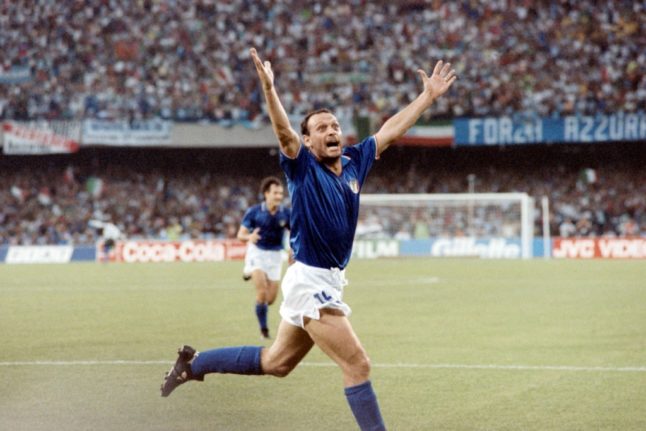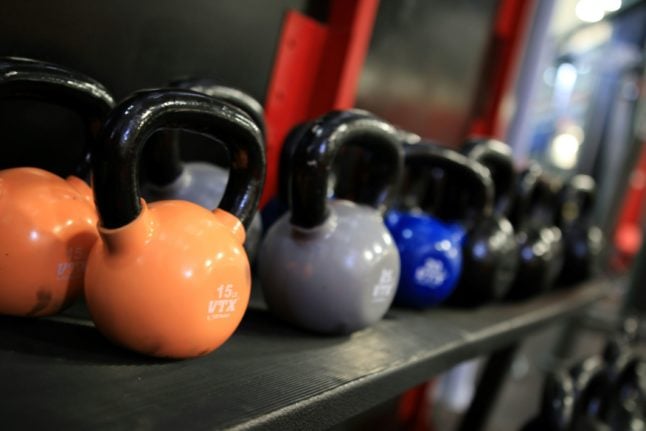Italian media reported that Schillaci died at Palermo’s Civico hospital after a battle with colon cancer.
Juventus were among Italy’s football clubs to pay tribute to Schillaci, who became an icon for his unexpected goalscoring exploits at his country’s home World Cup.
“Ciao Totò,” Juventus said on social media, posting a picture of him in a black-and-white shirt.
Ciao Totò pic.twitter.com/8POAyN3EO5
— JuventusFC (@juventusfc) September 18, 2024
Italy’s football federation FIGC said that all matches played in Italy between now and the end of the coming weekend would have a “minute of silence” before kick-off.
“His goal celebrations, in which his face became the symbol of collective joy, will remain forever part of Italian football heritage,” FIGC chief Gabriele Gravina said in a statement.
Schillaci played for Juventus and Inter Milan after beginning his career in the early 1980s at Messina and had moderate success in his club career.
But he became a national hero in the summer of 1990 by scoring six goals as Italy reached the semi-finals of that year’s World Cup.
Schillaci won the Golden Boot for being top scorer and won the Golden Ball as player of the tournament ahead of the likes of Lothar Matthaus and Diego Maradona, the former of whom won the tournament with West Germany.
Italy were knocked out on penalties by Argentina in the last four as Napoli legend Maradona helped knock out the host nation in front of his own fans in Naples.
Schillaci, who was capped 16 times for his country, only scored one other goal for Italy in his career.
Four years after the 1990 World Cup, he left Inter Milan for Jubilo Iwata in Japan, where he ended his career.



 Please whitelist us to continue reading.
Please whitelist us to continue reading.
Member comments